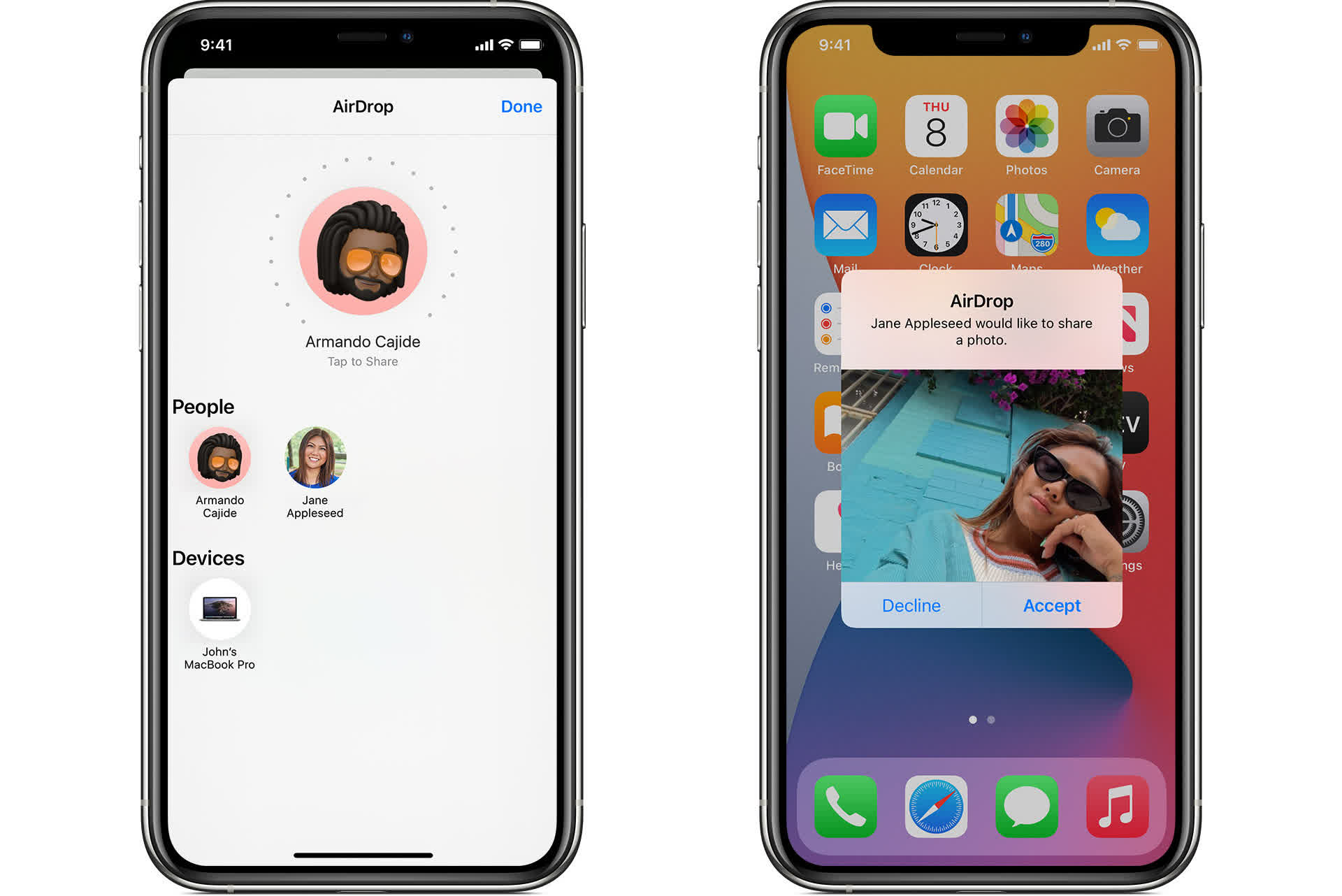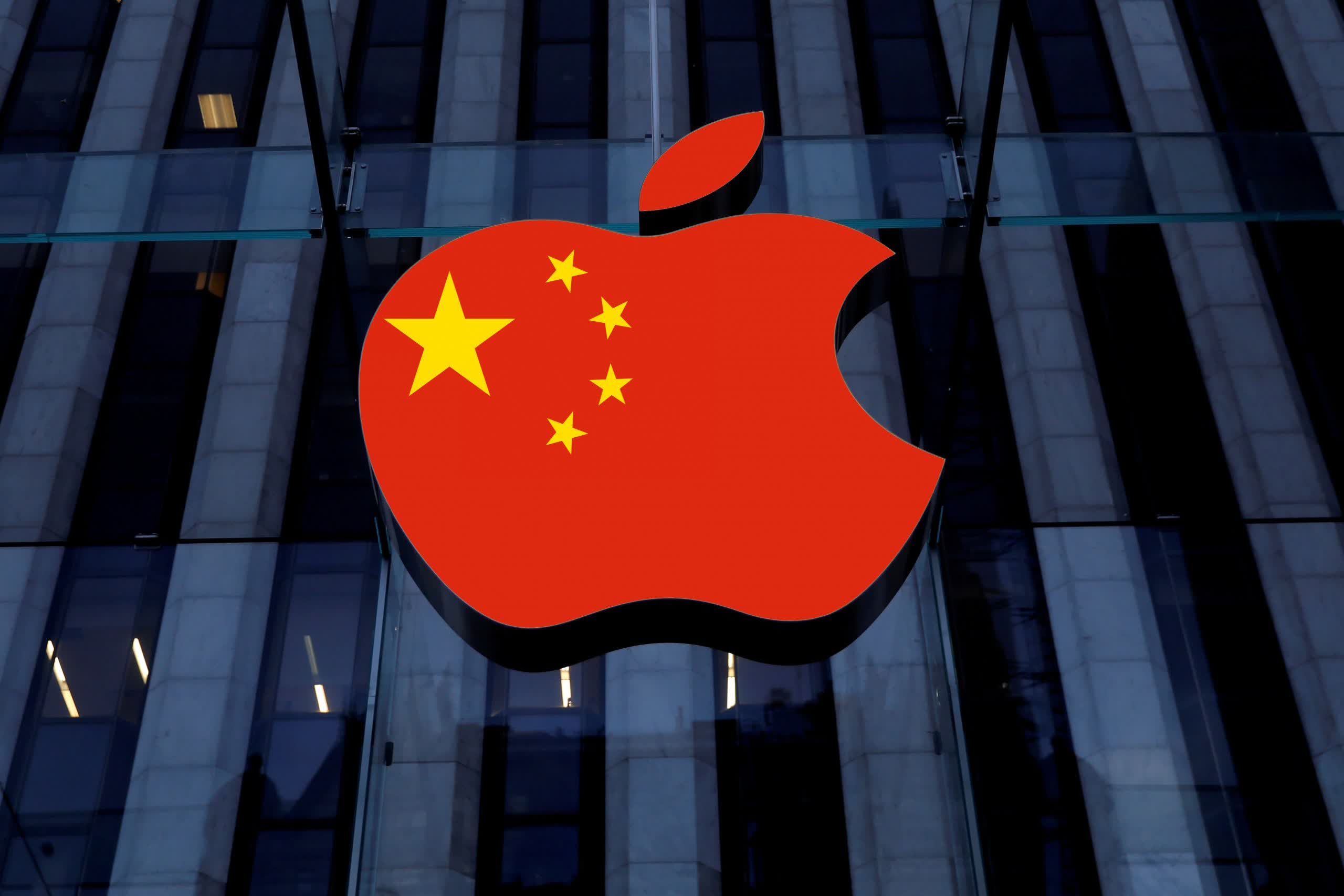A hot potato: A change in the iOS 16.1.1 update is causing controversy over it being available in only one country: China. Apple has limited the length of time users can receive files via AirDrop from non-contacts to 10 minutes, a move some have argued is another example of Cupertino kowtowing to Beijing.
AirDrop options allow users to receive files from everyone, contacts only, or turn off the feature. The latest update to Apple's operating system limits how long people can receive drops from everyone to 10 minutes. After that time limit elapses, AirDrop reverts to 'contacts only' until a user switches back to 'everyone for 10 minutes.'
The change will likely be welcomed by many Apple users who sometimes forget to disable the 'everyone' option for AirDrop, but making the time limit available only in iPhones in China---for now---has raised eyebrows.
Bloomberg reports that protestors in China have been using AirDrop to spread posters opposing president Xi Jinping and the country's government. The AirDrop service has long been used to evade China's heavy surveillance of its citizens. Allowing users to receive files from everyone for just 10 minutes at a time could limit the reach of protestors' messages.

Compared to other western firms, Apple's products and services have proved popular in China---half of all premium handsets sold in the region are iPhones. But Apple has a reputation for acquiescing to demands placed on it by the country's government. It previously removed VPNs, protest apps, and news apps from its App Store due to the content being illegal in China.
A report from last year claimed Apple CEO Tim Cook signed a secret five-year deal worth $275 billion with Chinese officials in 2016 that would see the company invest in the country's economic and technological development. It's alleged that in exchange, Apple's operations and services wouldn't face the same extensive regulatory scrutiny Chinese agencies often heap on foreign companies.
Apple says the AirDrop change will not be limited to one country permanently. The company plans to roll it out globally in the coming year, though it never said why it is initially available only in China.
